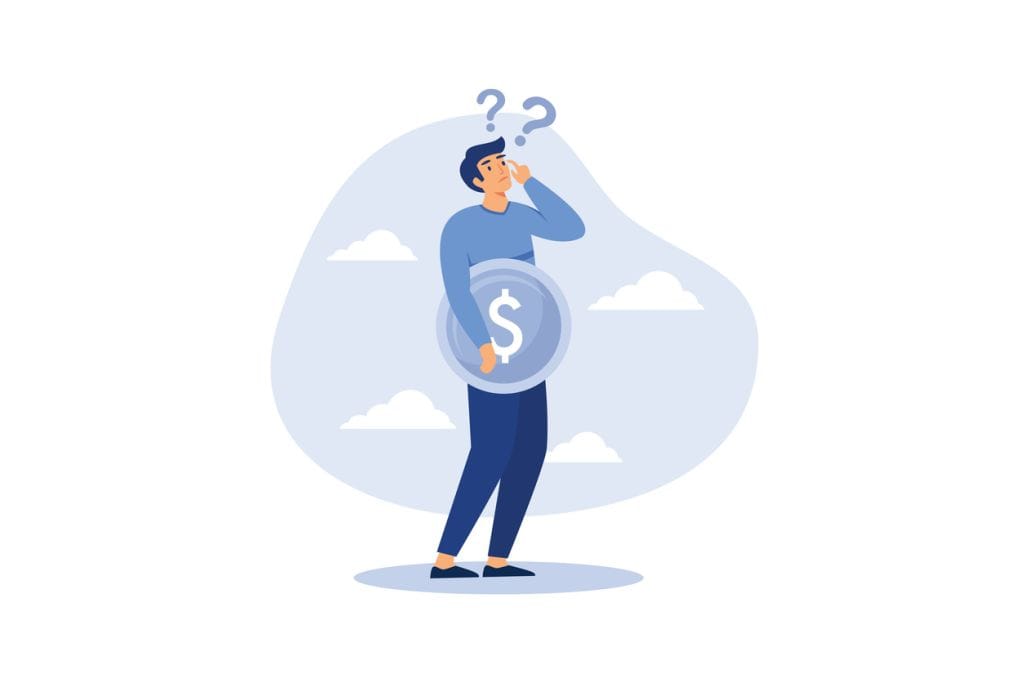Understand your personal circumstances before filing for bankruptcy
Effective navigation of financial difficulty requires careful consideration for the unique circumstances of the distressed individual.
The following article contains 5 questions a financially distressed individual should ask themself, before filing for bankruptcy.
- Is your debt unmanageable?
If debt is manageable and repayable, formal insolvency processes may not be necessary. A financial counsellor can offer free, confidential advice. These advisors can also help people negotiate a repayment plan for creditors, develop budgets and understand the different avenues available. Pre-insolvency advisors will often worsen the distress and are best avoided.
- Have you considered other formal insolvency processes?
Bankruptcy is just one of the formal insolvency processes outlined in the Bankruptcy Act 1966 (Cth). Other processes can address similar issues, with different consequences.
A personal insolvency agreement (PIA) allows a debtor to satisfy their debts without filing bankruptcy. The agreement will generally outline the sale of assets and payment to creditors over a given period. It can also involve a lump sum payment. Unlike bankruptcy, there is no limit on the income or assets the debtor can retain.
- What assets do you possess?
Bankruptcy will usually require the sale of real property (equity), valuable jewelry (and furniture) and cars exceeding a certain value. The consequences of this will vary depending on the extent of the individual’s assets.
For example, if you’re a renter with an average income and few assets, the impact of bankruptcy on your personal assets will be relatively minimal.
In contrast, individuals with significant assets are likely to face a more substantial lifestyle adjustment. For asset-rich individuals, a personal insolvency agreement may be a better way to resolve financial distress.
- What are your family’s financial circumstances?
When an individual encounters financial difficulty, it is not uncommon for a family member to provide financial relief. However, caution should be exercised, and consultation with personal insolvency professionals and solicitors is highly advisable. It is important to understand the implications (for all parties) and minimise the risks where possible.
- How would the consequences of bankruptcy personally affect you?
Bankruptcy carries several consequences, not limited to: potential restrictions on overseas travel; limitations on certain professions; an impact on credit files and records; and a permanent record on the National Personal Insolvency Index (NPII).
Once again, these consequences depend entirely on individual circumstances. If you have no interest in being an accountant or a member of parliament, the effect may be minimal.
The takeaway
Bankruptcy is an effective process, but it is important to properly understand your unique situation and the different avenues available. There is no ‘one size fits all’. Insolvency is a situation, not a definition.
Call us at +61 2 9251 5222 for a free consultation, where we will find the best solution for you.

